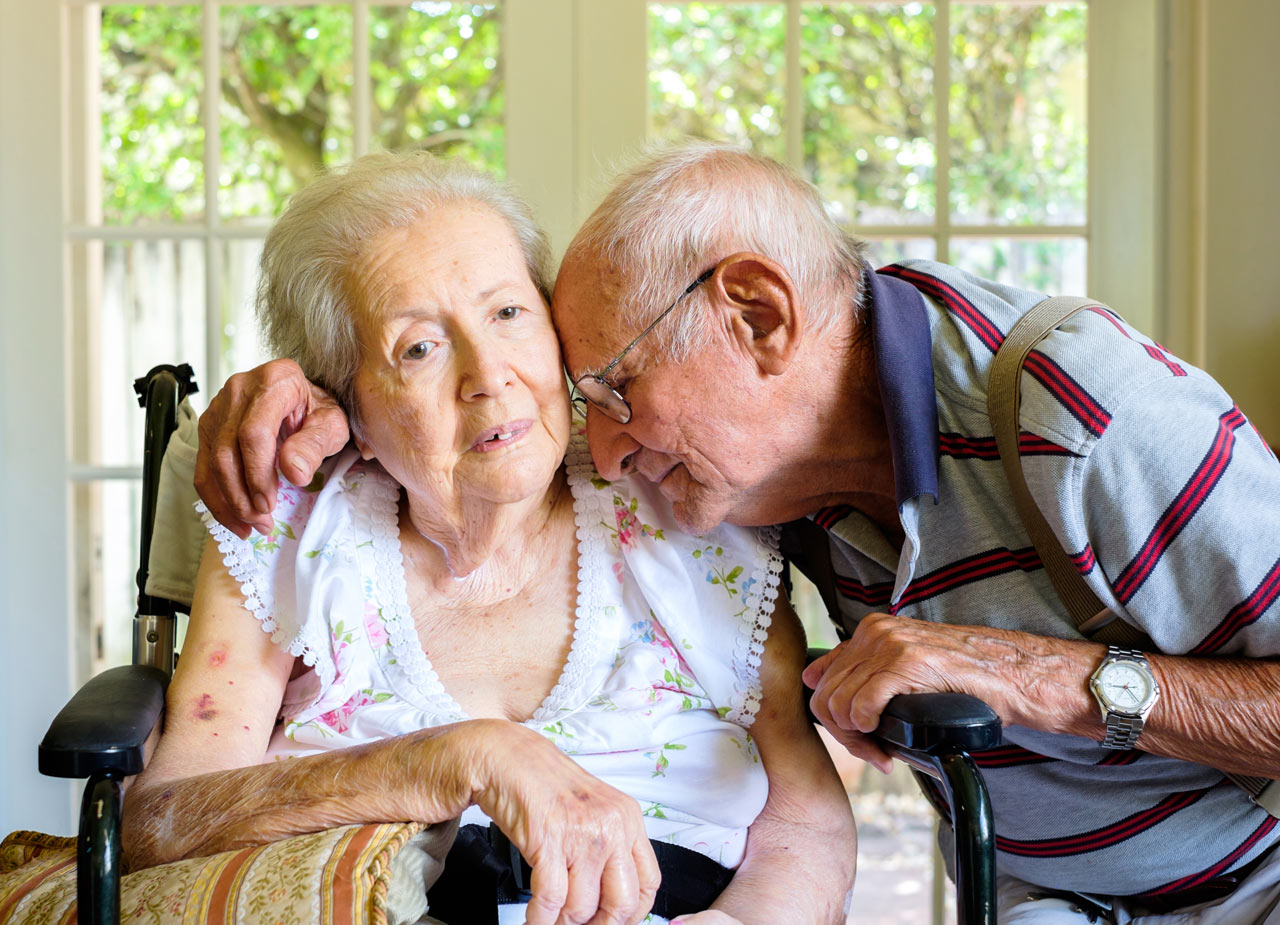How Does CDPAP Help My Family?
Learn about the consumer-directed care plan that allows family and friends to get paid for supporting their loved ones.
What is CDPAP?
If you aren’t familiar with the Consumer Directed Personal Assistant Program, more commonly referred to as CDPAP, this is a perfect place to start. CDPAP was formally established in 1996 to support chronically ill and/or people with physical disabilities by providing more flexibility and freedom in finding a caregiver. Although minor changes have been made over the years, the basic principle has remained the same: allowing individuals the ability to choose caregivers from those they already know and trust personally.
How are family & friends compensated for care?
The other benefit of this program is that it gives friends and family members the ability to care for their loved ones with less stress. Without this system, those who provide care for loved ones often have to do so by taking days off work, subsequently losing possible benefits and pay. The Caring Professionals CDPAP program pays up to $18/hr to those who provide care through this system, giving family and friends more stability and ability to plan care. Family caregivers no longer have to choose between their employment or helping a loved one because they can now do both simultaneously.
Who can qualify as a CDPAP consumer?
CDPAP is a government program sponsored by Medicaid. According to their website, care is provided “to chronically ill or physically disabled individuals who have a medical need for help with activities of daily living (ADLs) or skilled nursing services.”
If you are not currently covered by Medicaid, it is still possible to qualify for coverage and care. Our CDPAP team at Caring Professionals can help explain qualifications, and walk you through the application process. Free Medicaid application assistance is another benefit of choosing Caring Professionals as your home care agency.
Who can qualify as a CDPAP caregiver?
As a consumer, almost anyone you choose can be your caregiver. This includes friends, parents (children must be over 21 years of age), adult children (caregivers must be 18 years of age or older), or other family members. Spouses, however, are unable to be caregivers to those needing care.
The other thing that provides flexibility in choice is that your home care assistant does not need to have any formal certification to provide your care. Those needing care are the sole director of their needs, meaning in addition to choosing who provides your care, you can also choose the type of care they provide.
Although there is freedom with all these choices, it does come with the responsibility to train, hire, plan your care, and keep payroll records to ensure your caregiver is properly compensated through Medicaid.
Through our years of experience we have come to realize that paperwork and payroll can be the most burdensome task for many of the families we’ve worked with. Caring Professionals has developed an internal team to relieve some of the burden and confusion that can come from the application and payroll paperwork associated with CDPAP. If you are looking for more clarification of the process, have questions about how to become a caregiver, or just want to know how Caring Professionals can support you, feel free to call or email us to find out more.






